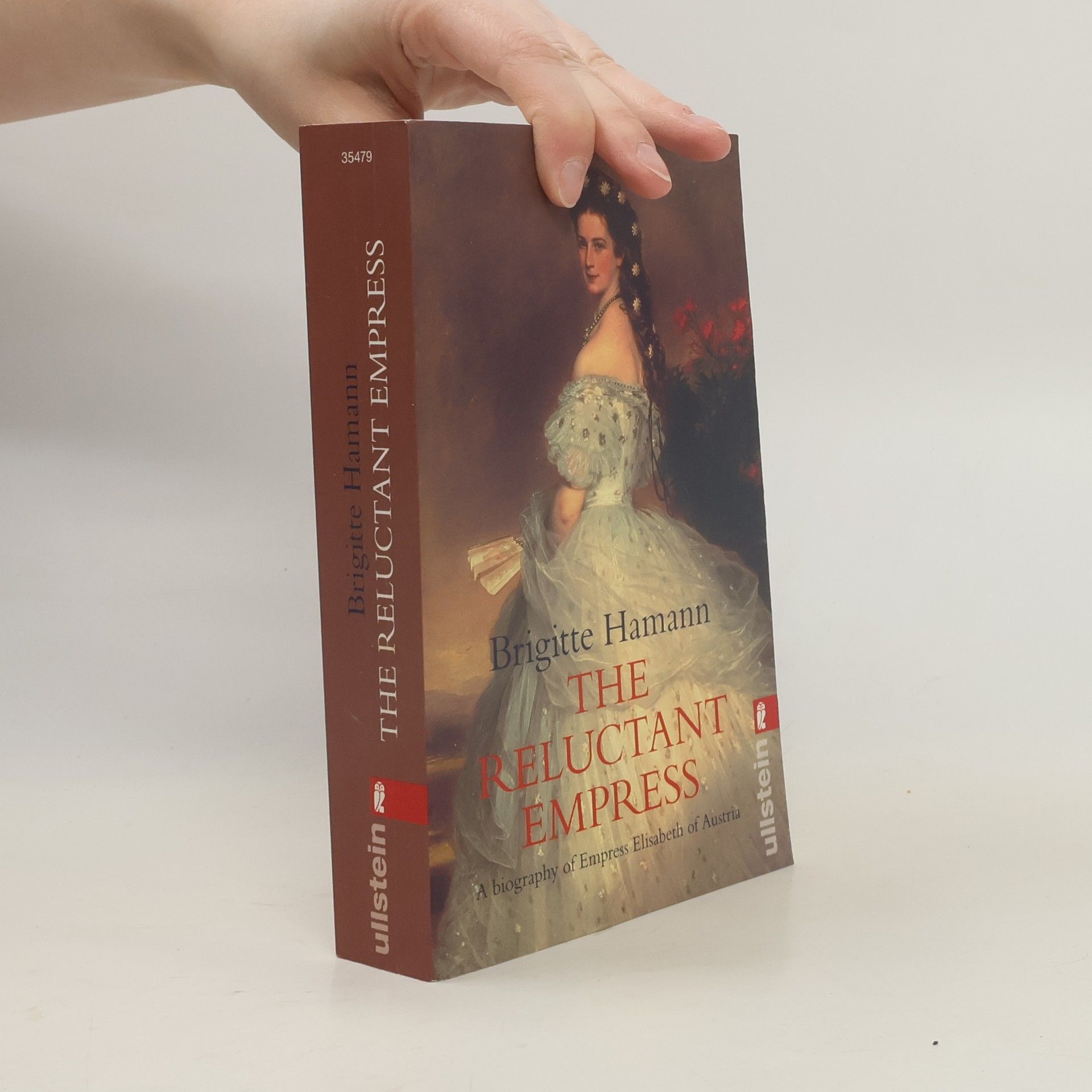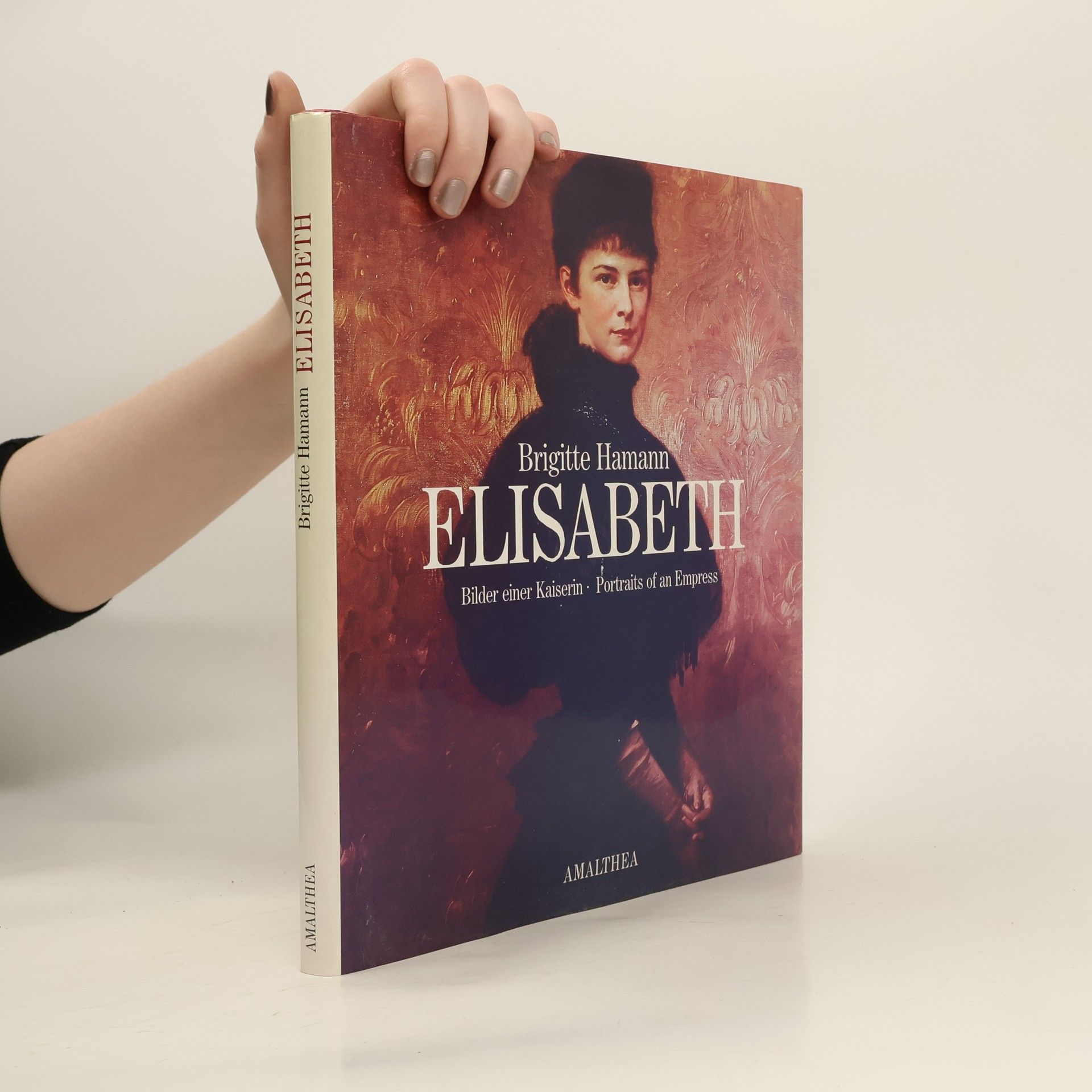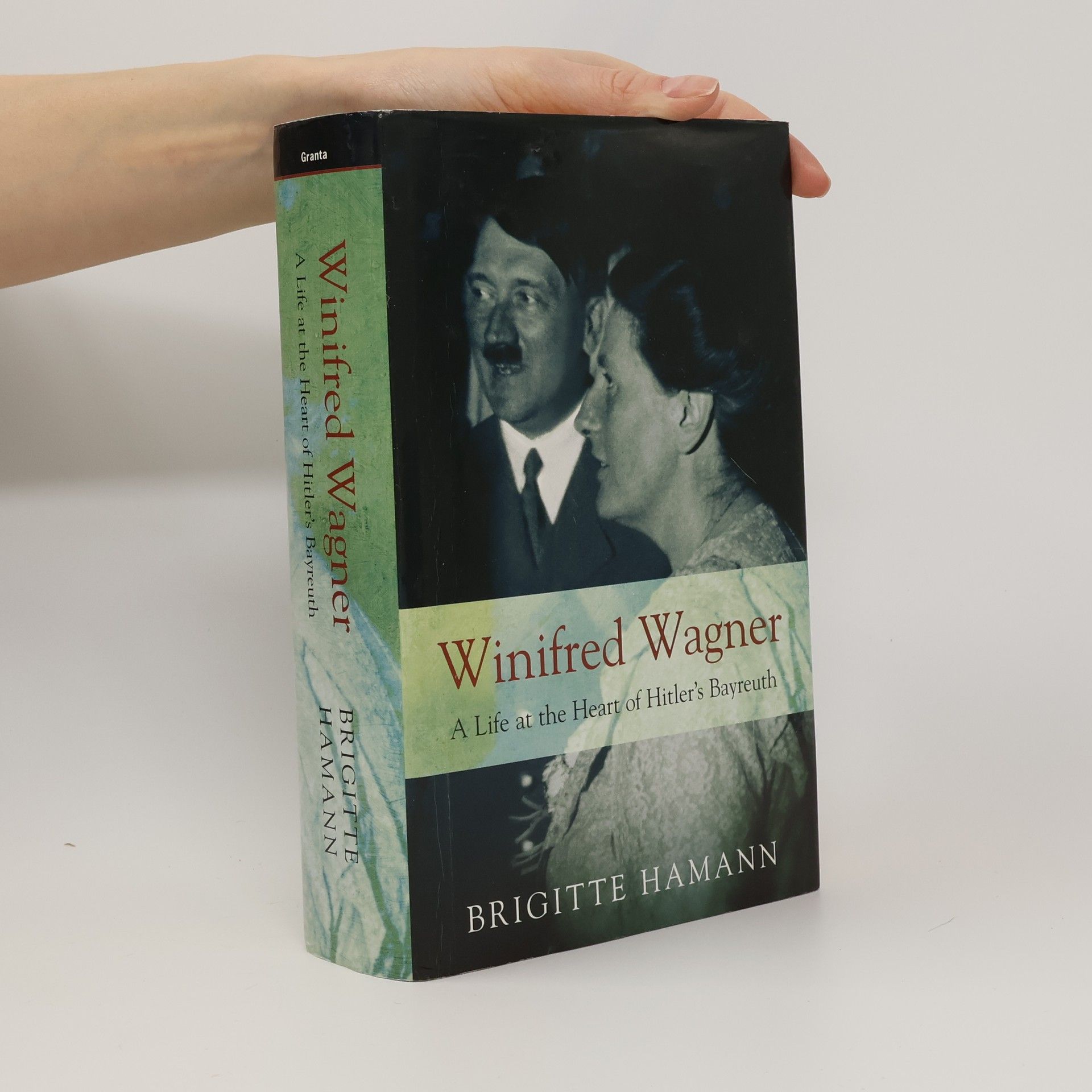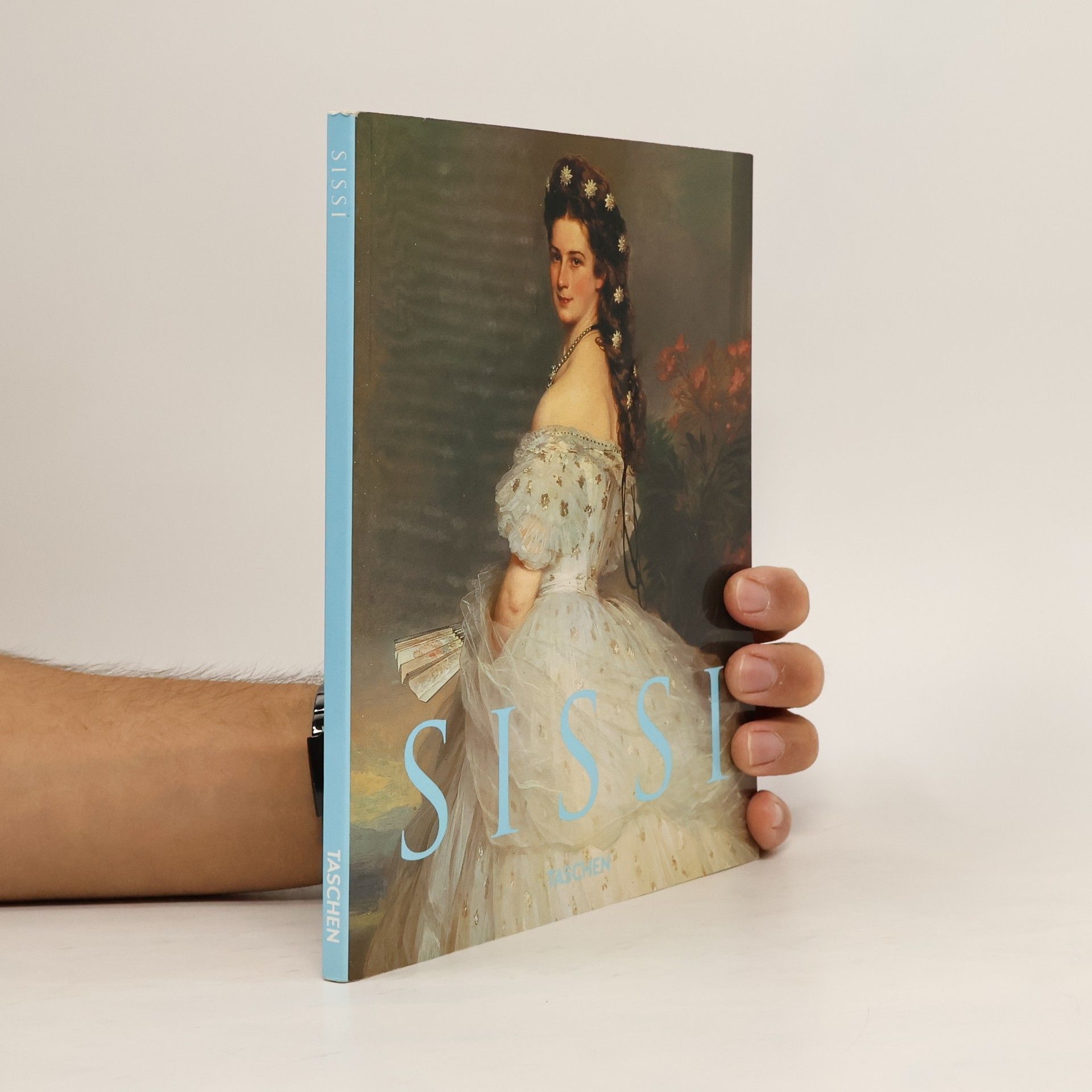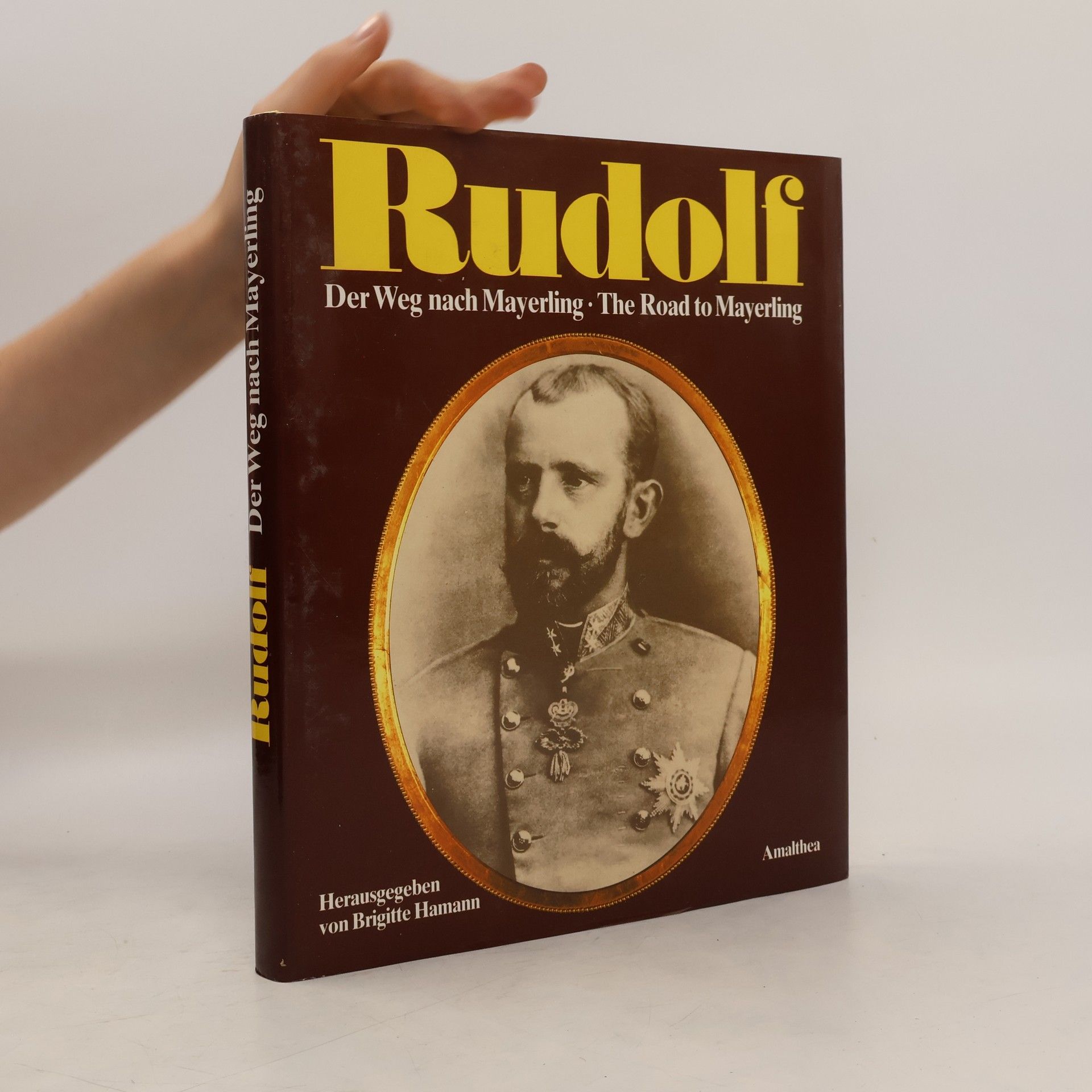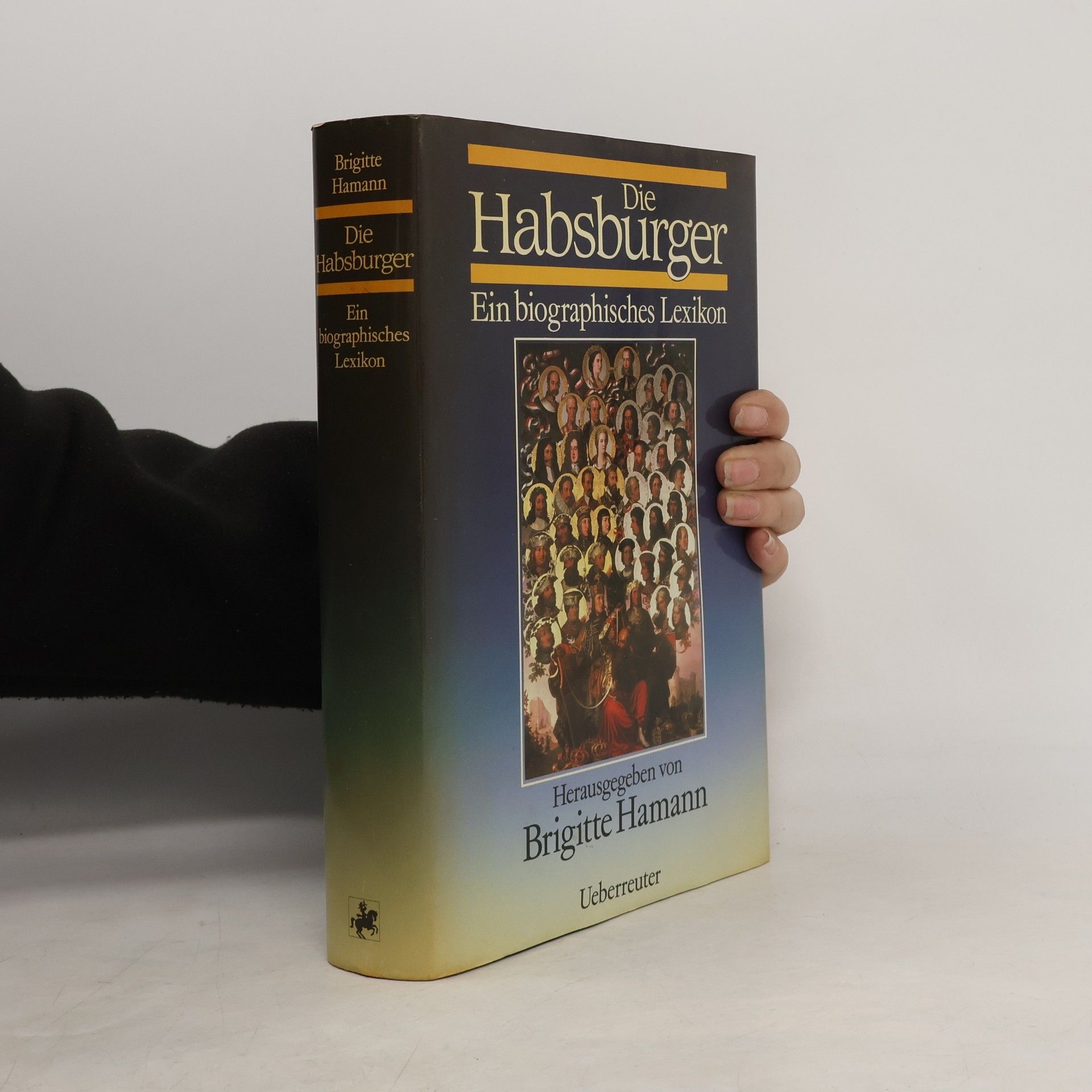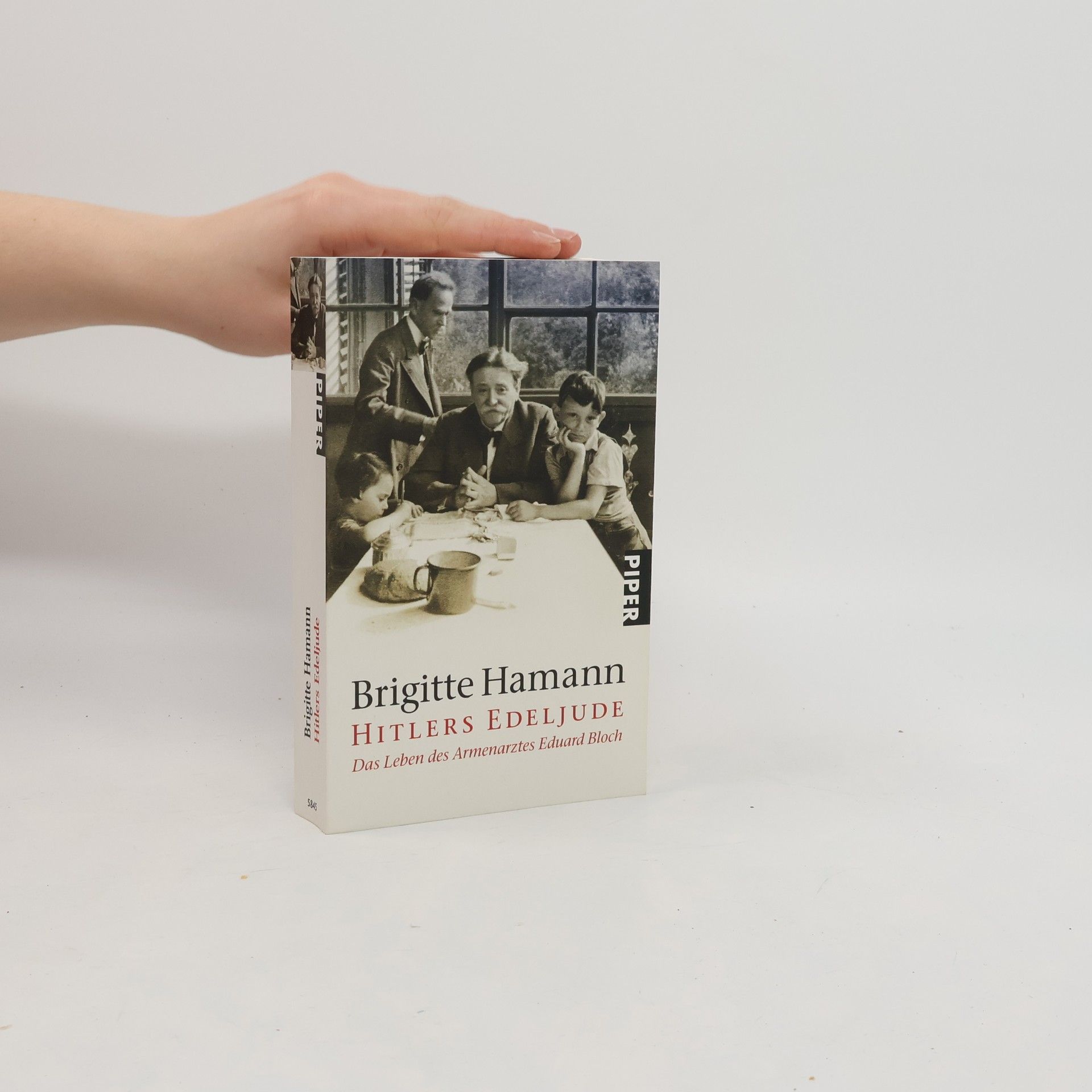La Vienne d'Hitler
- 511pages
- 18 heures de lecture
" Brigitte Hamann analyse les tensions ethniques, sociales et idéologiques qui, vers 1910, agitaient Vienne. Hitler a détesté la capitale autrichienne taxée de Babylone. Ceux qu'il jettera en camp de concentration - catholiques, juifs, sociaux-démocrates, patriotes, monarchistes - personnifiaient ce " monde d'hier " (Zweig) qu'il vomissait quand, misérable, il arpentait les rues de la vieille cité impériale. " Jean Sévillia " Un livre impressionnant et fascinant... Que l'on accepte ou non son postulat de base. " George Steiner " Les études psycho-historiques précédentes apparaissent comme redondantes, voire fausses face à ce livre sur la jeunesse d'Hitler. " Hans Mommsen

